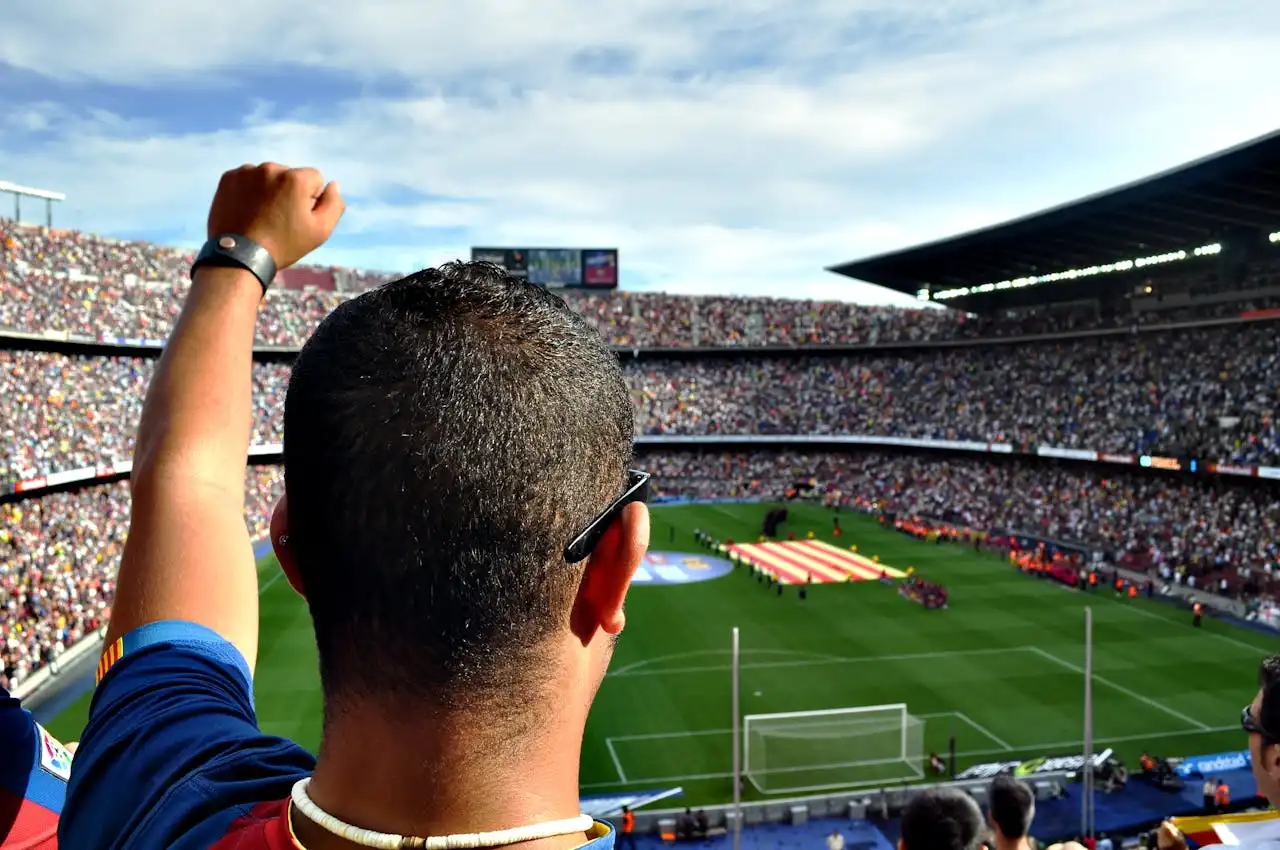Step onto the hallowed grounds of Camp Nou, even if only in your imagination, and you’ll feel it – an almost palpable hum, a collective heartbeat. This isn't just a football stadium; it’s a living, breathing cathedral. And the team that calls it home, FC Barcelona, isn't just another sports club. For millions, especially those who hail from the vibrant, fiercely proud region of Catalonia, Barça is, quite simply, everything. It’s a rallying cry, a historical ledger, and a pulsating symbol of identity. Forget the trophies for a moment, the superstar players, and the dazzling tiki-taka football. At its core, FC Barcelona embodies the very soul of Catalonia, a truth encapsulated in its iconic motto: "Més Que Un Club" – More Than A Club. Now, you might wonder, how does a football team ascend to such a lofty, almost spiritual status? The answer is woven deeply into the tapestry of Spanish history, particularly a darker chapter. During the Franco dictatorship (1939-1975), any expression of regional identity – be it language, culture, or symbols – was brutally suppressed. Catalan was forbidden in schools, in public, even in official documents. It was a suffocating era for a people bursting with their own distinct heritage. Amidst this repression, Camp Nou became a sanctuary, a clandestine gathering point where Catalans could openly speak their language, wave their flag (the Senyera, often discreetly), and collectively cheer for something that represented them. When Barça played, it wasn't just about winning a game; it was a defiant act of cultural preservation. Every goal was a cheer for freedom, every victory a symbolic punch back against oppression. It’s no exaggeration to say that, for many, the club became the unofficial national team of a nation without a state. This historical weight is what truly cemented the "Més Que Un Club" ethos. It wasn't merely a marketing slogan dreamt up in a boardroom; it was forged in the crucible of adversity. This profound connection meant that the club wasn’t just about putting a ball in the net; it was about representing an ideal. It adopted the vibrant blaugrana colors, but often incorporated the red and yellow stripes of the Catalan flag into its kits, a subtle yet powerful nod to its roots. The club's presidents, players, and even its social outreach initiatives became extensions of Catalan values: democracy, community, hard work, and a profound sense of local pride. It became a vessel for expressing what couldn't be expressed elsewhere. Talk about feeling the pressure, right? This deep-seated identity is meticulously nurtured within the club's famous youth academy, La Masia. Far more than just a training ground for future footballing giants, La Masia is a crucible of Catalan values. Young players don't just learn how to pass and move; they're immersed in the club's philosophy, its history, and the cultural nuances of Catalonia. The emphasis on teamwork, humility, and a distinct playing style isn’t just about football; it’s a reflection of a wider cultural mindset. Think about legends like Xavi, Iniesta, and Lionel Messi – products of this very system. They weren't just world-class athletes; they embodied the club's spirit, often speaking Catalan and openly embracing their roles as representatives of this unique identity. It’s a whole vibe, you know? Even today, long after the end of the dictatorship, this bond remains unbreakable. When you see thousands of fans unfurling a giant Senyera across the stands, or hear the stadium erupt in chants of "Independència!", it’s not just about politics; it’s an extension of that historical struggle and a contemporary assertion of identity. For a Catalan, supporting Barça isn't a casual affair; it’s almost a birthright, a tribal affiliation. It’s something passed down through generations, a shared narrative that binds families and communities together. Winning the Champions League or La Liga is fantastic, sure, but for many Cules, seeing their team embody Catalan values on the world stage holds equal, if not greater, significance. It’s about being seen, being heard, and being truly represented. This enduring power of FC Barcelona extends beyond Catalonia's borders. The club's global brand awareness helps project Catalan culture, language, and distinct identity onto the international stage. Millions worldwide, who might never visit Barcelona, are still exposed to its unique history and ethos through the club. Yet, despite its colossal global footprint, Barça remains fiercely rooted in its local community. Walk through the narrow streets of Barcelona's old town, and you'll find countless small peñas (fan clubs), local bars draped in blaugrana, and elderly fans debating the team with the same passion as their ancestors did decades ago. It’s that beautiful paradox: a global powerhouse that never forgets where it came from, deeply intertwined with the everyday lives of ordinary Catalans. So, the next time you see FC Barcelona playing, whether it’s on a massive stadium screen or a tiny smartphone, remember that you’re witnessing more than just a football match. You're watching a cultural phenomenon, a historical narrative played out on grass. You’re seeing the enduring spirit of a people, their struggles, their triumphs, and their unwavering identity, all wrapped up in a beautiful game. "Més Que Un Club" isn't just a catchy phrase; it's the very heartbeat of Catalonia, a symbol that continues to resonate with powerful meaning for generations.












